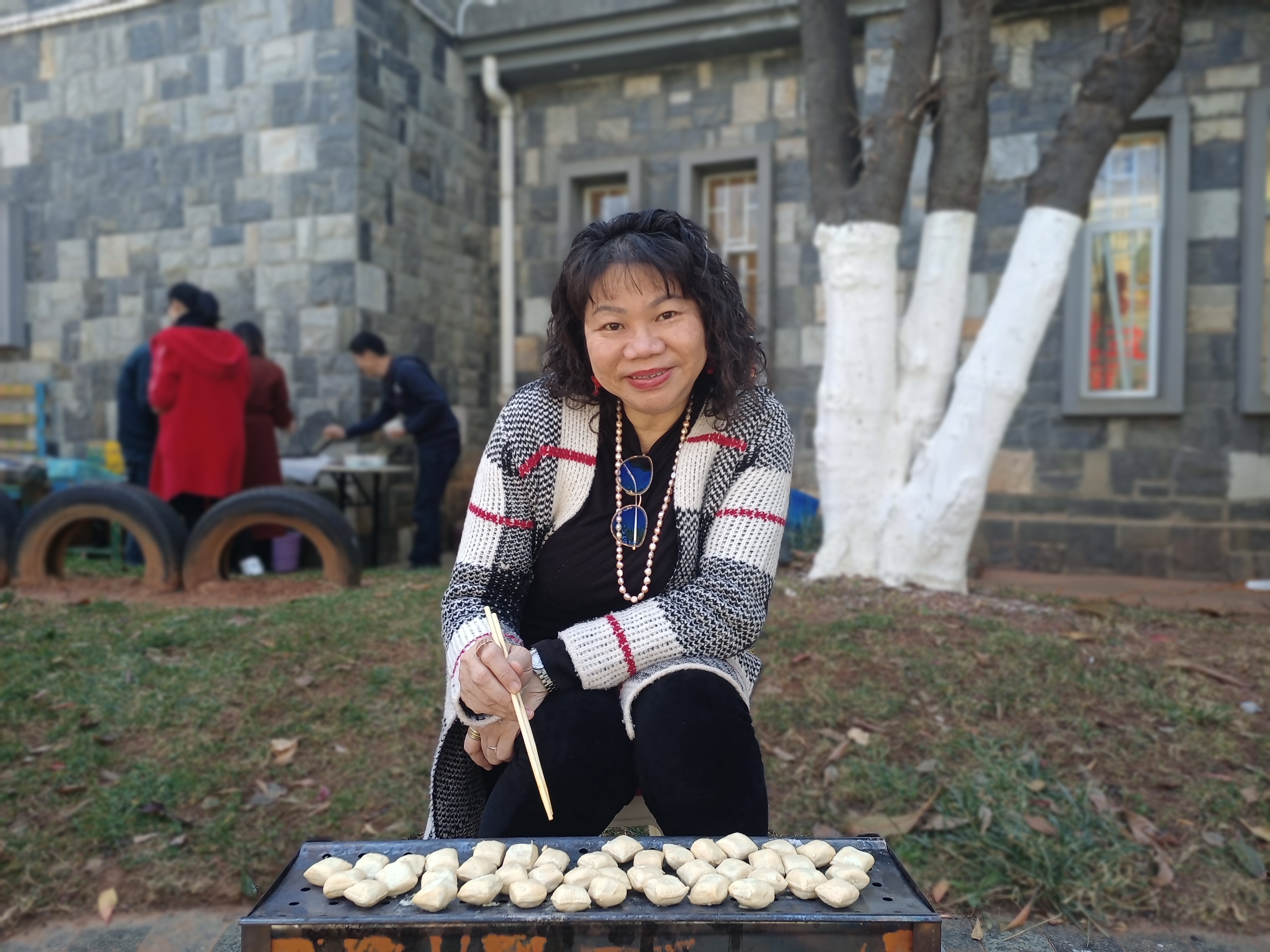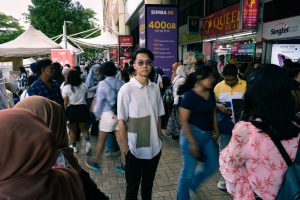We kicked off the series with Wendy, the Singaporean woman who manages Hollywood’s biggest stars and Wesley, the Singaporean Man Who Owns A 200-Acre Sheep Farm In Canada.
Now, we bring you Loke Mui Wan, the Singaporean entrepreneur who relocated her family to China to open a chain of kindergartens. This story is told from her perspective.
This is how I now find myself at 61-years-old living in Kunming, in Yunnan province. Since 2018, I started a chain of kindergartens here with a local entrepreneur, and our company has opened over six centers across various provinces in China.
We chose Kunming because it is a fast-developing region in China. As entrepreneurs, that’s important for us as there are still gaps and opportunities in this region to help educate kids.
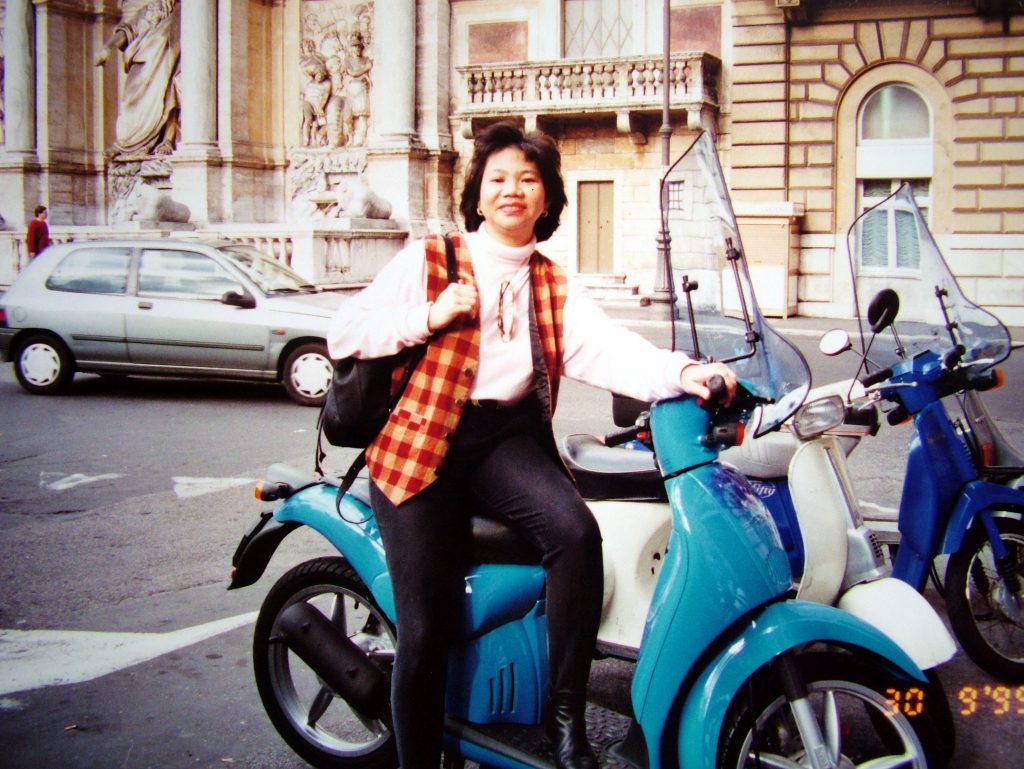
I guess you could say that starting businesses runs in my blood, but at some point, I started feeling a bit stifled and restless in Singapore. The country is small, and I always harboured this dream of going abroad. That’s the tough part about entrepreneurship in Singapore. It doesn’t take long before your growth is stunted. You start to feel stifled.
It was only when I hit my early forties that I figured it’s ‘now or never.’ This was my last chance to leave Singapore and test my business acumen in a bigger market.
I thought, “If I let myself get to 50, I might never leave.”
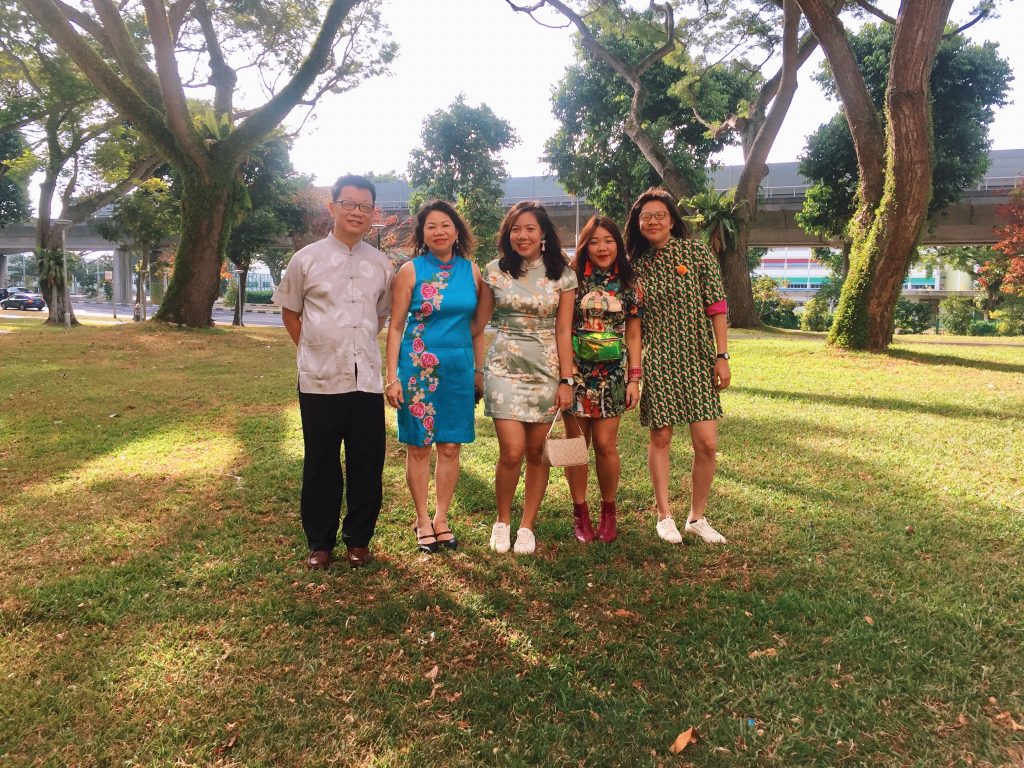
While the adjustment process was difficult, it was also very exciting. I took to it like a duck to water, learning new things about business and building a network from scratch. My daughters were also making new friends and adjusting to a completely new education system, where all of their classes were taught in Chinese. We really threw them into the deep end.
Even simple tasks like going to the wet market became an adventure. I’d take my daughters and for the first time they saw a chicken get slaughtered. It was eye-opening to them as sheltered Singaporeans.
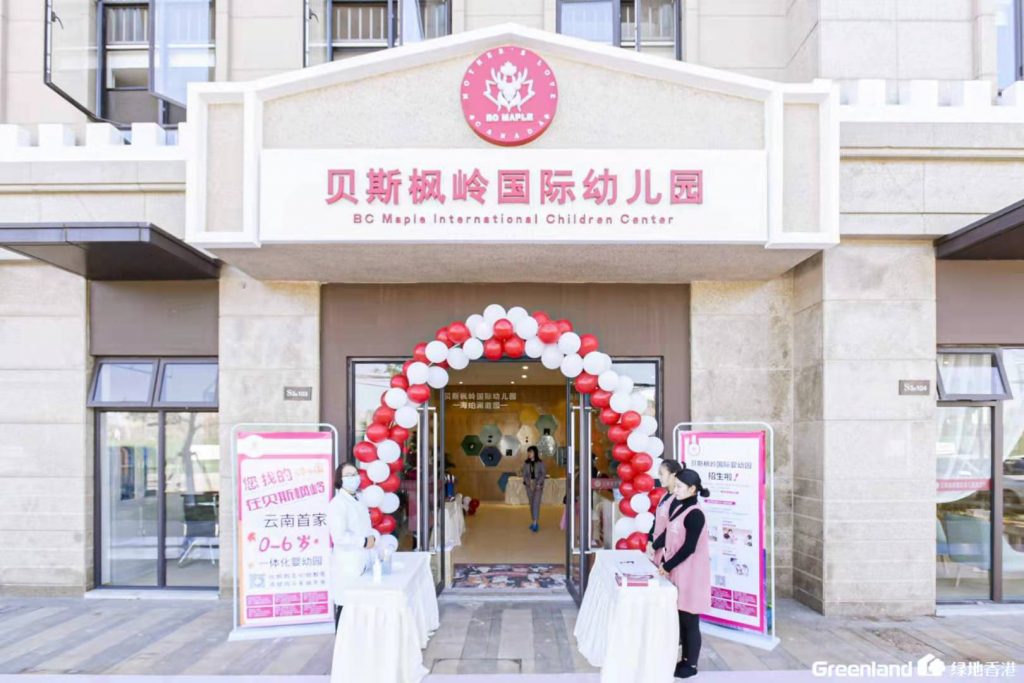
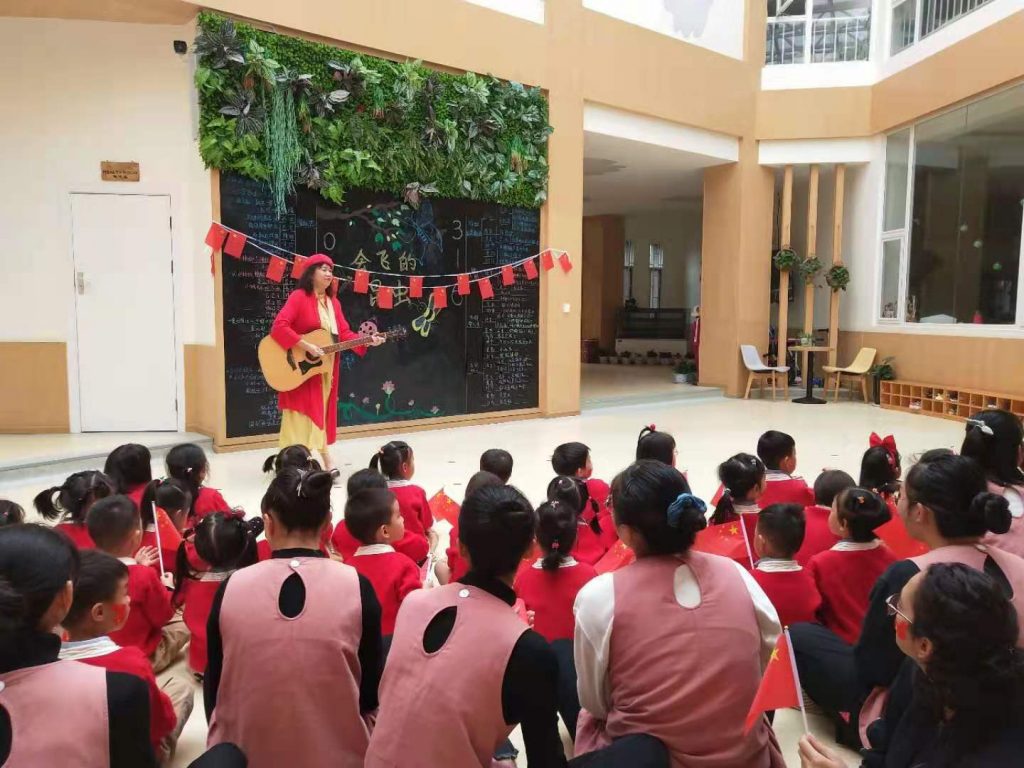
First, I wanted my daughters to have new experiences while they were young. Second, I was raised in a kampong style school in Singapore, so I wanted my daughters to have the same exposure to the mix of Western and Chinese language and culture that I had. That’s something you can’t replicate in Singapore anymore—being forced to speak the Chinese language wherever you go, while immersing yourself in the culture.
There was also a more practical reason, which is that China is one of the fastest growing economies in the world. Ignoring this is impossible. Sooner or later, if you’re living in the region, your path will cross with China somehow, and knowing the language and culture will be extremely important to your competitiveness.
That is why I insisted that my daughters had to attend a local school instead of an international school. To me, the grades they got in school didn’t matter. In fact, for much of their schooling in Shanghai, their grades were disastrous with the sole exception of English. But it was okay, because it’s not easy for Singaporeans to keep up in the Chinese education system. It is much more competitive.
In Singapore, we complain that the education system is too exam-focused, but there are many options in terms of career path compared to China. Students in China study into the night without any hobbies or extracurriculars. The system is more rigid, and the way to determine if you’re able to attend any university is through exams, and the university you get your education from determines your whole future.
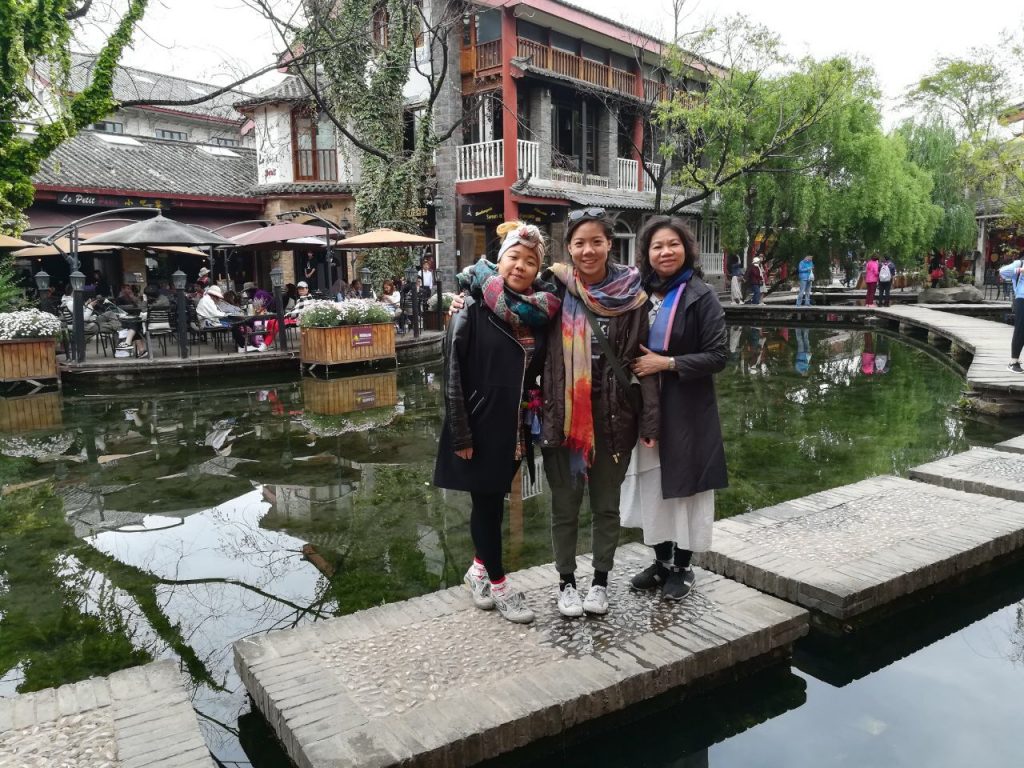
Not to mention the parental attitude, which is also different between China and Singapore. In Singapore we say parents are kiasu, and maybe that’s true for 70%-80% of Singaporean parents. Then there’s a small minority of parents who are more liberal and relaxed. In China, I would say the figure is higher because they have no other choice. Culturally, it has also been shaped by the one-child policy that used to exist, meaning one child would face all the pressure from a family of 6 adults—2 parents and 4 grandparents.

In my mind, it was the ability to adapt to new scenarios that would benefit them in the long term. And it worked.
Take my second eldest daughter. At 23, she mustered up the courage to move to Dubai to join a startup, after which she moved back to Singapore where she is a visionary head of digital marketing for major brands and lectures part-time at LASALLE. She had an excellent headstart for her age by not following the traditional path.
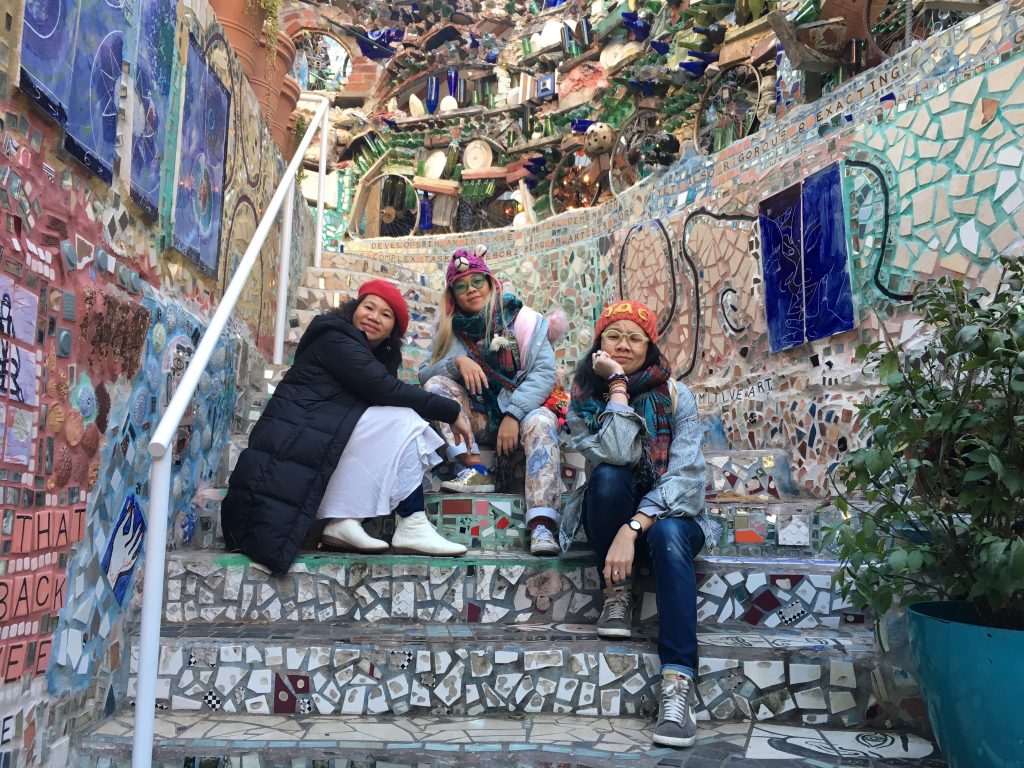
As for my youngest daughter who spent her formative years in China, I have noticed that she is very artistically inclined. I enrolled her in Lasalle and at 25, she is now an Art Director in one of the top advertising agencies in Singapore.
Personally, besides missing my loved ones in Singapore, the only other thing I miss is the food. Laksa. Chicken rice. I miss these dishes so much, and missing these dishes makes me realise how Singaporean I am. There is simply no substitute.
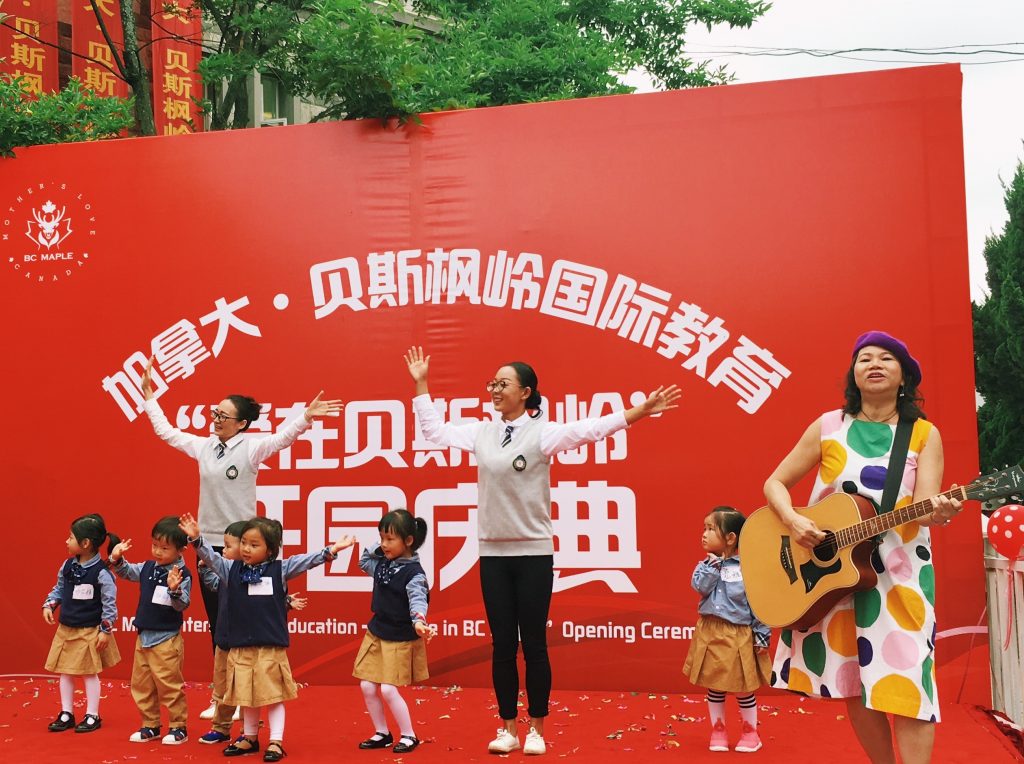
And if my health gets in the way, and I can’t walk anymore, I might write a book on education, or do some consulting. I want to enjoy my work and help as many people while I still can.
My advice to Singaporeans now, considering the job market, is to get out there and experience the world. I found that bringing my Singaporean skillset and mindset to China was extremely beneficial to growing a business. The mix of East and West in Singapore puts us at a unique position to win over business opportunities abroad.
And while travelling isn’t possible right now, it doesn’t mean you can’t be open to new experiences. Take everything that life throws at you with an open and positive attitude. Embrace how you may sometimes end up somewhere unexpectedly delightful, and experience as much of life as possible by taking on new risks and challenges wherever you are.

